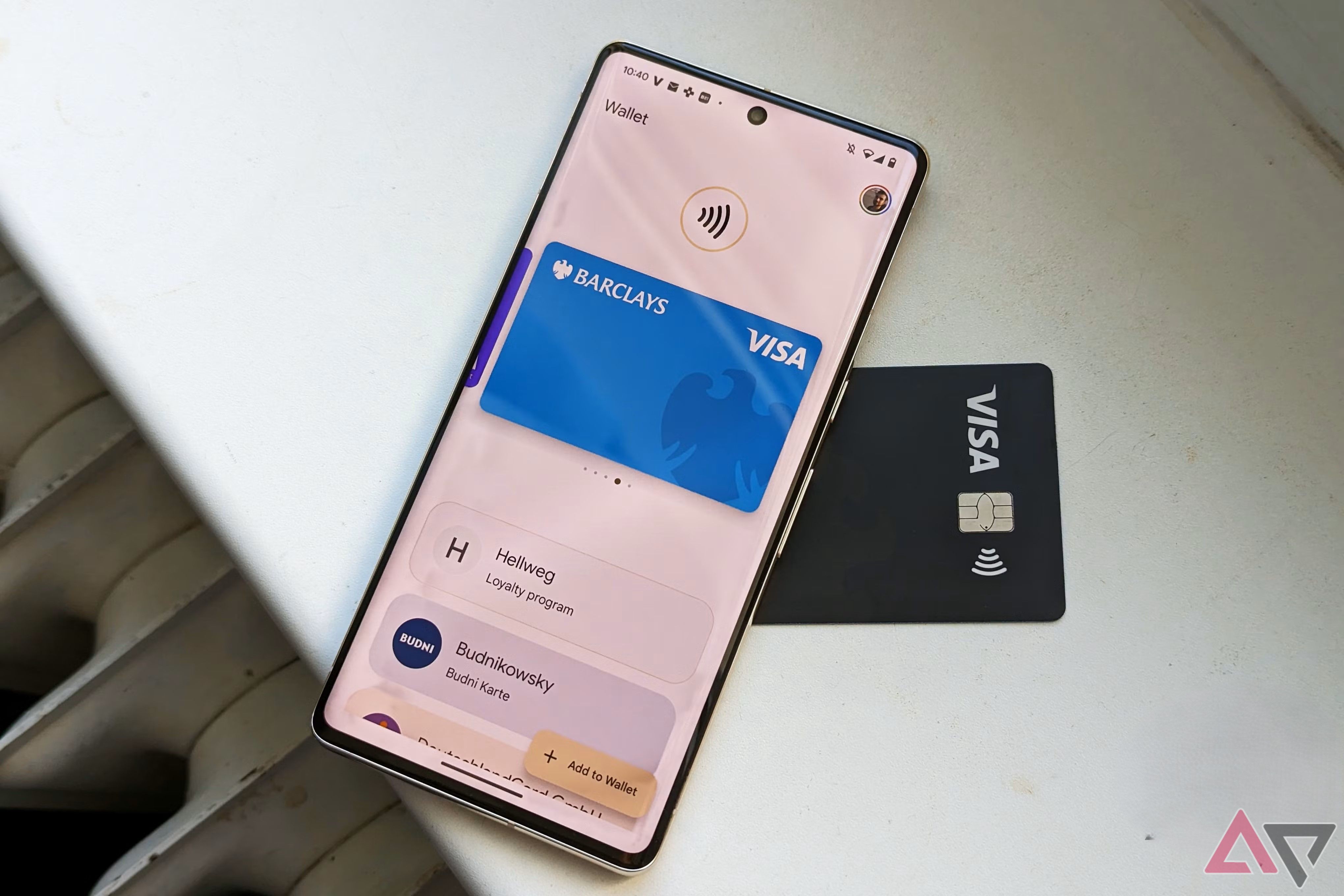Key Takeaways
- The European Commission is probing the Google-Meta partnership targeting teens on YouTube.
- The investigation is based on internal data from October where Google supposedly helped Meta advertise directly to teens.
- Google insists on commitment to teen safety despite alleged involvement in an ad campaign promoting Instagram.
Google and Meta have been the subject of several antitrust and anti compete investigations in the past few years, especially from the EU under Margrethe Vestager. Earlier this week, we saw a rare instance of Google pushing back on a US government body with a lawsuit. However, the European Commission has now taken a keen interest in a partnership between the two companies that led to teens on YouTube seeing ad campaigns promoting Instagram.
While it might seem like a relatively minor concern given the scale at which Google and Meta operate, Instagram is well-known for content that isn’t suitable for minors and young adults. So, Google actively helping the social media giant skirt company policy on targeting minors with ad campaigns would be grounds for a legal investigation. The Financial Times reports that’s precisely what EC officials have been looking into since October this year.
Unnamed internal sources at Google told FT that Google was ordered to collate internal communications and presentations about ad campaigns in October, through a probe internally codenamed Tangerine Owl. The EC was presented this information, and are now contemplating further action.
Google remains committed to keeping teens safe, officially
Maintaining a stance
For its part, Google also does not allow ad personalization for teenagers. However, the ads for Instagram pushed on YouTube targeted a user group simply labeled “unknown” in Google systems. The company’s staff reportedly informed Meta that internal data about this Unknown group shows it is skewed towards people under the age of 18.
So, by targeting this group with ads, Google could assist Meta flout its own guidelines about never targeting teens with personalized ads. This ad campaign was tested in Canada and released in the US earlier this year to other Meta apps through a French advertising brand called Publicis. The companies pulled the plug on this campaign only after it came in the limelight.
In a statement about the matter issued to FT, Google maintains innocence. “The safeguards we have to protect teens, like prohibiting ad personalisation, are industry-leading and continue to work. We’ve held updated internal trainings to ensure our sales teams remain aware of our policies and technical protections.”
However, sometimes a partnership between an ad titan like Google and an agressive advertiser like Meta can have an ominous impact on society.






